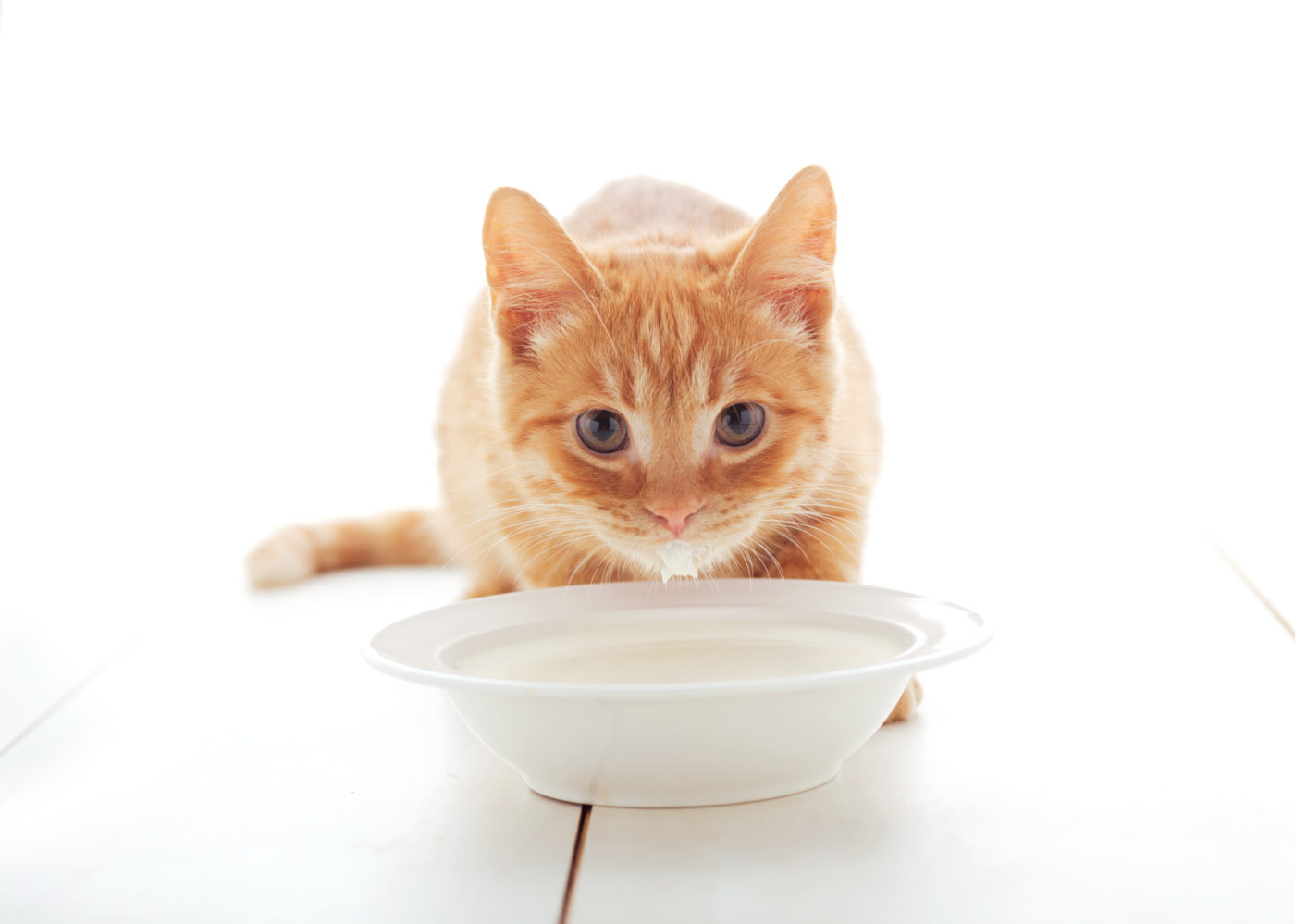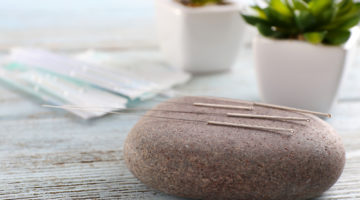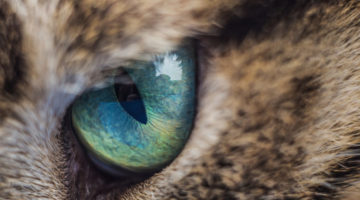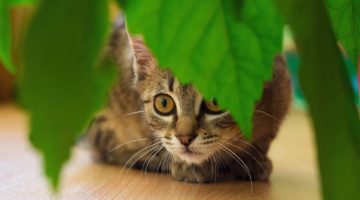People have been giving milk to their cats for as long as most of us can remember – but the truth is, it isn’t good for them. Find out why.
It seems natural to give cats milk. Most kitties love it, and in the past, it was regarded as traditional food for most housecats. But it turns out that it’s not really a good idea. In fact, feeding milk to our cats isn’t something that’s encouraged by veterinarians and other feline authorities.
Don’t kittens need milk?
Kittens are dependent on milk — but only from mother cats. By the time they are four to ten weeks old, they begin to mature and wean off it. This is when their bodies stop producing an enzyme called lactase. This enzyme breaks down the sugar content found in a mother cat’s milk and enables a kitten to digest it properly. “At around six months of age, a cat’s ability to produce lactase will be at adult levels, which are significantly lower than kitten levels,” says veterinarian Dr. Patrick Mahaney.
 As the lactase disappears from a growing cat’s system, so does his ability to digest milk. Most kittens slowly become lactose intolerant as they mature into adult cats, although Dr. Mahaney adds that “not all cats are lactose intolerant. Each cat’s ability to digest lactose is different.”
As the lactase disappears from a growing cat’s system, so does his ability to digest milk. Most kittens slowly become lactose intolerant as they mature into adult cats, although Dr. Mahaney adds that “not all cats are lactose intolerant. Each cat’s ability to digest lactose is different.”
Why do cats love milk so much?
So why do cats so readily drink milk when their digestive systems may not be able to handle it? It’s simple – it’s fresh and cold, and they like the taste, according to the Cat Fanciers’ Association. Compare it to children who love candy, and given the opportunity, will happily eat as much as they can. Cats are similar when it comes to milk, so if you give your kitty a saucerful, he’ll enthusiastically lap it up even though it may not be good for him.
What makes milk bad for cats?
In most cases, a tiny bit for a treat (i.e. the occasional teaspoon) shouldn’t do your cat any harm, but don’t make it a habit. The milk we drink is not suitable for cats. “The minute milk is pasteurized, it changes the protein,” says veterinarian Dr. Deva Khalsa. “When it is homogenized, the particles leak through the gut wall, causing inflammation in a cat’s body.” Too much can cause diarrhea, gas and other digestive upsets. According to the ASPCA, dairy products such as cheese and ice cream can lead to the same digestive issues, if cats eat too much.
Can he really do without milk?
The answer is yes. As much as your cat may love it, he doesn’t need it in his diet. In fact, it really holds no nutritional benefits for him. Once a cat is weaned from his mother’s milk and moves onto solid food, all he really needs to drink is water. Most veterinarians agree that giving milk to cats causes more health issues than it does any good. Although your cat may not be as eager to drink water, it’s the best form of hydration and definitely essential to his health. Adding a bit of liquid from a tin of salmon or other water-packed tinned fish to his water bowl will encourage him to drink more – and may even curb his passion for milk!
 Goat’s milk can make a healthy alternative
Goat’s milk can make a healthy alternative
If you still can’t resist sharing some milk with your cat, Dr. Mahaney recommends switching to products that are easier on a cat’s sensitive digestive system.
“I have had success with my feline patients consuming goat milk-based products that are either dehydrated or in fresh or frozen liquid formats,” he says. “Just remember that when you are adding milk, you could be adding excess calories to your cat’s diet. So make sure to remove a commensurate portion of food to account for the calories.”
The same can apply to cheese. Goat cheese tends to be easier to digest than cheese made from cow’s milk.







No Comment